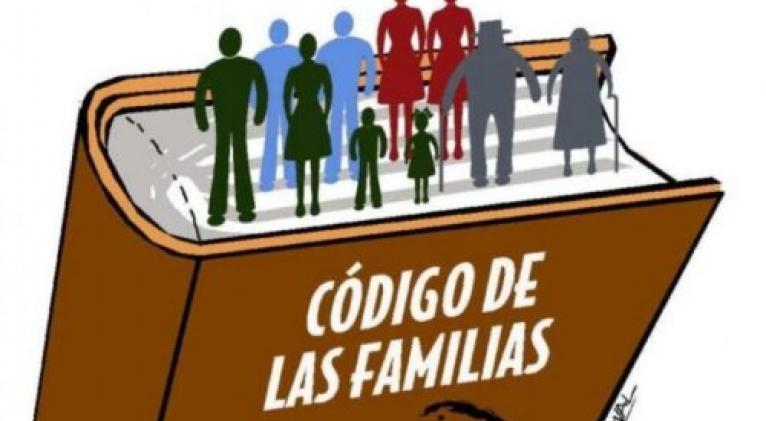Satisfactory implementation of the Family Code in Cuba is assessed
especiales

Havana, May 15 (Prensa Latina) The implementation of the Family Code in Cuba is progressing satisfactorily, general director of Notaries and Public Registries of the Ministry of Justice, Olga Lidia Pérez, assessed today, recognizing challenges in legal and communication matters.
When speaking on a panel dedicated to the subject, convened by the Cuban Association of the United Nations on occasion today of Family Day, the specialist meant that the population gradually appropriates the figures provided for in the law.
However, she pointed out, communication actions are necessary to make the contents of the legislation more known, so that people know what to do and how to exercise the rights given them in the text.
“This is a baby that is barely eight months old,” stressed the professor of Civil and Notarial Law at the Law School of the University of Havana, Leonardo Pérez, who insisted on the importance of preparing legal operators for the implementation in force of the regulations.
Each institution established in the legal body has numerous outlets that we are not used to, he referred, and gave as an example the multiple variants that are currently open to filiation, all of which imply procedures and adjustments.
“No matter how difficult the approval of the Code was, it does not compare with its implementation,” he emphasized, adding that it is a great challenge in notarial matters and for the Registry of Civil Status, in addition to requiring a detailed study of the legislation, and an interpretation according to the circumstances of each person.
Another fundamental element is the sensitivity of lawyers to family matters, he pointed out, which implies differentiated attention to give an appropriate technical response.
According to the general director of Notaries and Public Registries, until April 30, 861 same-sex marriages were registered, 530 of them between men.
“They are people to whom we have given happiness,” Pérez stressed.
To these figures are added seven cases of children who were registered with the mother’s last name in first place; 1,476 consent deeds for access to assisted reproductive techniques, a phenomenon with a growing trend, as well as marriage agreements (135), just to mention some of the changes.
He explained that steps are being taken to create the Family Ombudsman, an institution in charge of protecting, guaranteeing, and restoring the exercise of the rights of children and adolescents; people with disabilities, elderly adults, and victims of discrimination or violence.
Other panelists addressed the work of the Prosecutor’s Office and the Courts in the process of putting the new law into practice, as well as the impact on the elderly of this legislation.














Add new comment